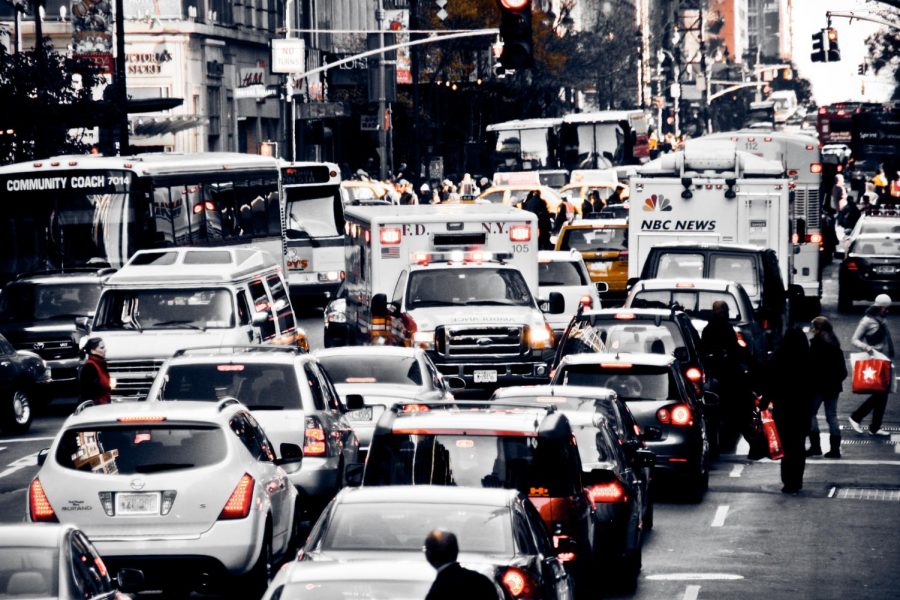Congestion pricing in NYC will do more harm than good
November 6, 2021
While supporters say increasing toll prices will resolve a long-standing congestion problem in New York City and alleviate the effects of climate change, congestion pricing will go through a 16-month review process.
Congestion pricing, if implemented, will affect Manhattan residents and commuters from various locations when entering Manhattan between 60th Street and the Battery
Schinae Wilson, a Bronx resident, said in an interview with The New York Times that, “while Bronx residents might pay extra costs, the most immediate benefits brought by reduced traffic— cleaner air, less noise, emptier streets— would be focused on Manhattan.”
New Yorkers, who will benefit the most from the implementation of the plan will get $15 billion out of it. The 2019 MTA Reform and Traffic Mobility Act says that $15 billion should be raised through congestion pricing.
“They have to, by law, set tolls that are going to raise $15 billion for the capital program,” Rachael Fauss, senior research analyst at the advocacy group Reinvent Albany, said to The City.
Although the price of the toll has not been decided, it is expected to be between $12 and $14 per car and $25 for trucks. Drivers from New Jersey, who already pay high tolls to get into the city, will have to pay an additional fee.
While exemptions apply to emergency vehicles, vehicles transporting people with disabilities and those driving on the Franklin D. Roosevelt East River Drive or West Side Highway, critics argue that those exemptions are not enough.
Manhattan residents living within the tolling zone have no other choice but to drive outside the zone. They are not contributing factors to congestion, yet they are being told they will have to pay an additional fee for traveling anywhere.
Vaylateena Jones, who lives on the Lower East Side, has been voicing that exemptions should also apply to trucks bringing medication, food and household supplies because tolls paid by those trucks might be, “transferred to residents through inflated prices.”
Supporters believe that congestion pricing will solve traffic problems and the effects of climate change, which is true. However, many opponents say differently.
“Joseph Bergmann, a resident of Hell’s Kitchen in Manhattan who vehemently opposed congestion pricing, argued that the city had failed to address other sources of traffic: bus lanes that were constantly blocked by delivery trucks and construction, bike lanes that took up street space and double-parked vehicles,” according to The New York Times.
When the solution, like congestion pricing, bears another problem such as disproportionately affecting low-income communities and many others who are not New York City residents, city officials have to come up with a better way to solve traffic problems in New York City and the worsening effects of climate change.







